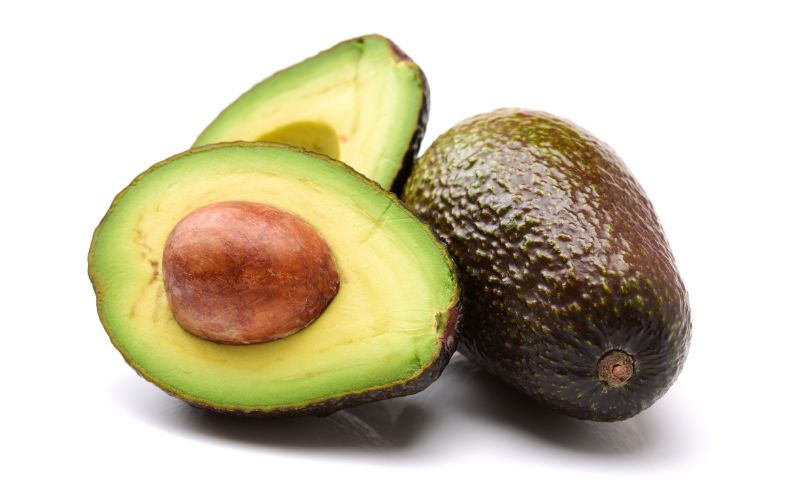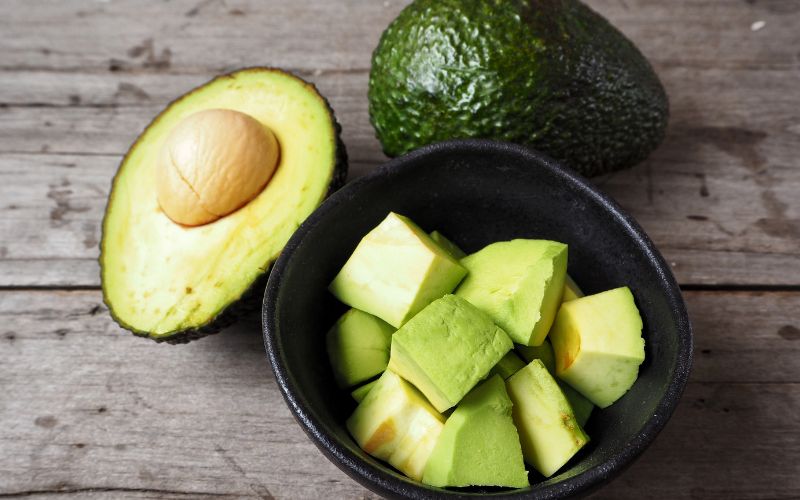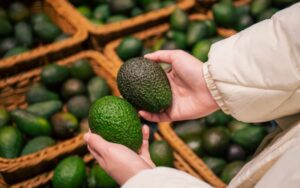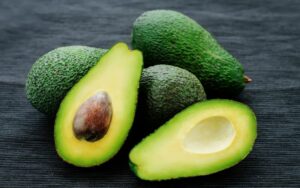Avocados have become a beloved fruit worldwide, thanks to their creamy texture, rich flavor, and numerous health benefits. Whether you enjoy them in guacamole, salads, or as a topping on toast, avocados are undeniably delicious and versatile. In this article, we’ll dive into the fascinating world of avocados, uncovering 10 fun avocado facts that will leave you amazed and craving for more!
10 Surprisingly Avocado Facts
Avocados are not only tasty but also have some incredible properties that make them truly unique. Let’s explore these interesting facts one by one:
Fact 1: Avocados are Fruits, not Vegetables
Contrary to popular belief, avocados are technically a fruit and not a vegetable. They belong to the flowering plant family Lauraceae, which also includes cinnamon and bay leaves. Avocados grow on trees and develop from the ovary of a flower, making them a true botanical fruit.
Fact 2: Avocados are Nutrient Powerhouses
Avocados are packed with essential nutrients that are beneficial for your health. They are an excellent source of healthy monounsaturated fats, which can help reduce bad cholesterol levels. Avocados also contain a variety of vitamins, such as vitamin K, vitamin C, vitamin E, and B vitamins, along with minerals like potassium and magnesium.
Fact 3: Avocados Are Native to Central and South America
Avocados have a rich history that dates back thousands of years. They were first cultivated in Central and South America, with evidence of avocado consumption found in ancient Aztec and Mayan civilizations. The word “avocado” originates from the Aztec term “ahuacatl,” which means “testicle” due to its shape.
Fact 4: Avocados Have Different Varieties
Avocados come in various shapes, sizes, and colors. The most common type is the Hass avocado, known for its dark, pebbly skin and buttery flesh. Other popular avocado types include the Hass, Fuerte, Bacon, Zutano, and Reed avocados. Each variety has its own unique flavor profile, texture, and ripening characteristics.
Fact 5: Avocados Can Ripen After Harvest
Unlike many fruits that require proper ripening on the tree, avocados can actually ripen after being harvested. This characteristic makes avocados more versatile and allows for a longer shelf life. When you purchase unripe avocados, you can accelerate the ripening process by placing them in a paper bag with a ripe banana or apple.

Fact 6: Avocados are a Culinary Chameleon
Avocados are incredibly versatile in the kitchen. They can be used in a variety of dishes and cuisines, from salads and sandwiches to smoothies and desserts. Their creamy texture and mild flavor make them an excellent substitute for unhealthy fats in recipes, such as butter or mayonnaise. Avocados also add a delicious twist to traditional dishes, like avocado fries or avocado chocolate mousse.
Fact 7: Avocados Can Help with Weight Management
Despite their high-fat content, avocados can actually support weight management and overall health. The monounsaturated fats found in avocados provide a feeling of satiety, helping to curb cravings and overeating. Additionally, the fiber content in avocados aids digestion and promotes a healthy gut.
Fact 8: Avocados are a Good Source of Antioxidants
Avocados contain various antioxidants, including carotenoids like lutein and zeaxanthin. These antioxidants help protect your eyes from harmful UV rays and reduce the risk of age-related macular degeneration. Incorporating avocados into your diet can contribute to maintaining healthy vision and eye function.

Fact 9: Avocado Oil Has Multiple Benefits
In addition to consuming avocados, their oil can also provide numerous benefits. Avocado oil is rich in oleic acid, a monounsaturated fatty acid that has anti-inflammatory properties. It can be used for cooking at high temperatures, thanks to its high smoke point, and is a popular ingredient in skincare products due to its moisturizing and nourishing properties.
Fact 10: Avocados Can Aid Nutrient Absorption
Adding avocados to your meals can enhance the absorption of certain nutrients. Fat-soluble vitamins, such as vitamins A, D, E, and K, require fat to be absorbed effectively by the body. Avocados’ healthy fat content helps unlock the benefits of these vitamins, ensuring that your body receives the maximum nutrition from the foods you consume.




